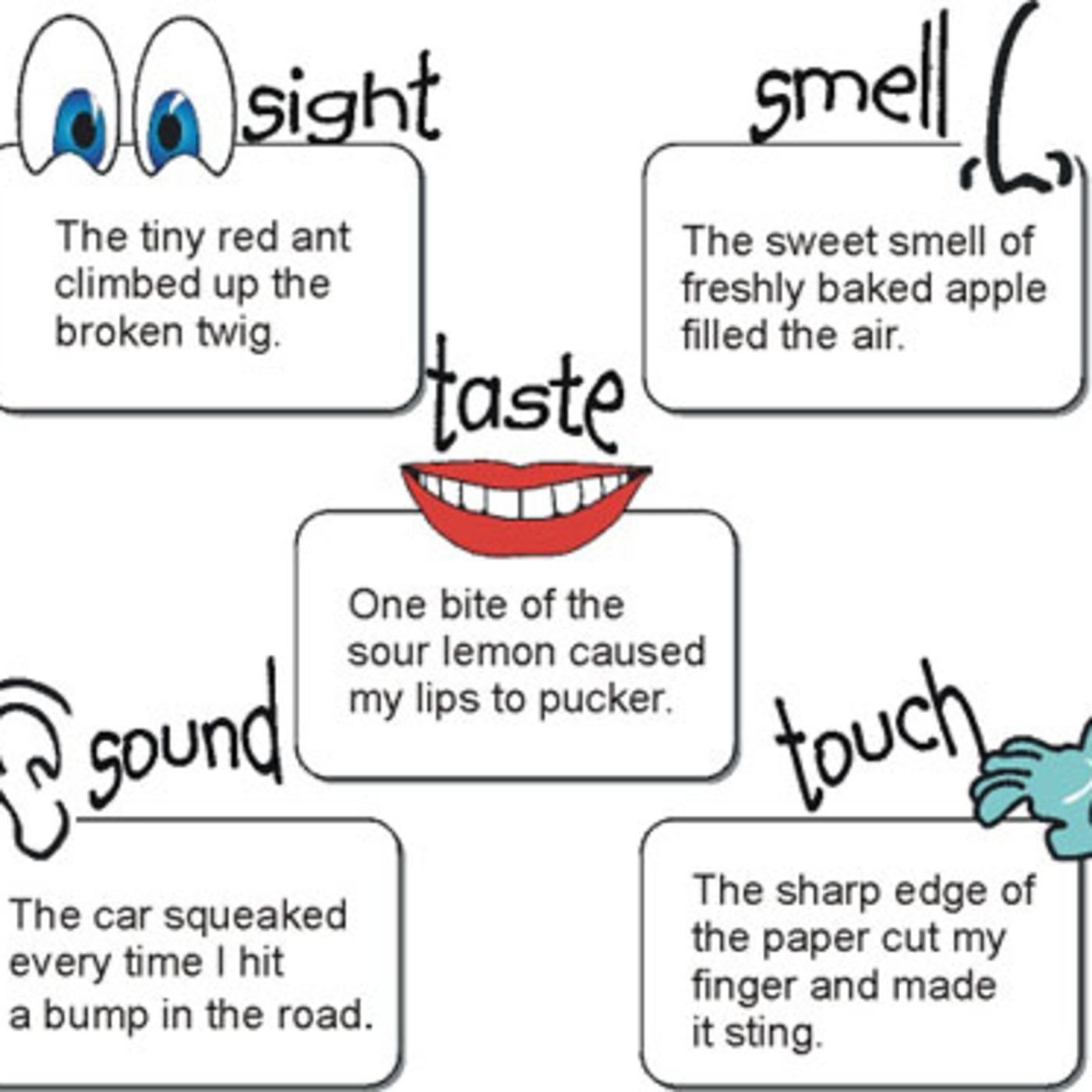Words to Live By: Visualization Part 2
- Author
- onewebstrategy
- Published
- Sun 29 Jul 2012
- Episode Link
- https://www.podomatic.com/podcasts/onewebstrategy/episodes/2012-07-29T13_33_36-07_00
om site
Words To Live By – Visualization – part 2
“People who fail focus on what they will have to go through; people who succeed focus on what it will feel like at the end.”
― Anthony Robbins
I want to discuss more about Visualization – more about technique in this session.
The simplest thing to do is tell a story, from the end, as if you’ve already done it. How do you feel? How did you think/act/behave, etc.
Also, I just finished reading the book “The Power of Habit” – which I recommend. Anyhow one study sighted in the book describes that people did better in many situations in sports/work/life when they not only visualized, set goals and asked questions before a situation but also asked themselves how they would react if different scenarios came up.
Example: “What would I do during the presentation if the power went off? What would I say if someone brings a politically charged subject up? How will I regroup if I get off the subject? How will I re-direct if an attendee gets us off track?” – Etc.
How should you visualize?
Write a story! Once upon a time I was about to compete in a big competition before the event I felt like….. just before I felt like……. During the competition I felt like……. After the event I felt like………. .Write a script like you’re writing a bestselling movie starring you!
The whole idea behind this technique is to imagine all the possible scenarios, positive and negative, and all the possible feelings, positive and negative, associated with them.
I would suggest that any of the counterproductive feelings of stress and anxiety stem from the ‘great unknown’. If our mind has already experienced the stressful scenario in the comfort of our home, using mental imagery, then it is more likely that we will manage to manage the scenario when it happens for real.
Misunderstanding the how and why visualization works often results in failure. It is easy to become disillusioned about the power of visualization when, no matter how often or hard we concentrate on visualizing the outcome we desire it just doesn’t happen.
Many Americans first became aware of “visualization” as a technique when the Russians used the technique as central to training Olympic athletes – with great success. Since that time, the idea of visualization as a tool to live a better life has become practically a mainstream assumption within American culture.
Visualize what we need/want and it will come.
more at www.onewebstrategy.com
